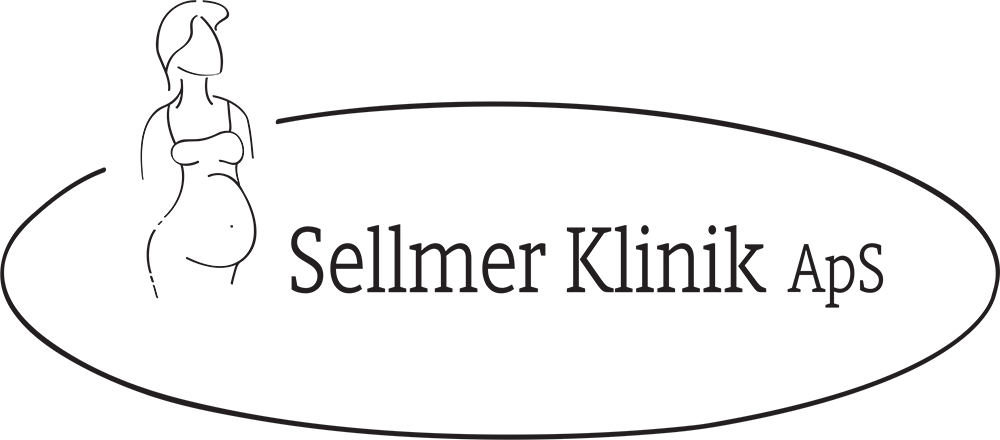
Not in all cases does a cycle need to be canceled because of a cyst. However, if the cyst affects egg maturation in the ovary or passage through the fallopian tube (in the case of insemination), a decision is sometimes made to cancel the treatment.
The test is sensitive to the concentration of your urine. When you use it with the first morning urine, it may detect the surge a bit early.
We have the same success rate with women who undergo scanning and those who use ovulation tests. So, it’s entirely up to you which method you choose. However, if you encounter difficulties with ovulation testing, it’s always a good idea to have a medical examination.
You can test 14 days after insemination or on the day your period is due.
Some women don’t notice that they are pregnant, while others have symptoms very early on. The symptoms can vary greatly, but the most common ones are breast tenderness, pulling sensations in the lower abdomen, brown discharge, and frequent urination. Many women experience these symptoms after insemination, even if they have not become pregnant.
Any bleeding during pregnancy should be investigated by a doctor, but often it is just light bleeding from the sensitive lining of the cervix.
Yes, you can. Both types of donors are allowed in Denmark, and the rules of the treatment country apply.
You can only choose the gender of your child for medical reasons. In Denmark, it is not allowed to select the gender for any other reasons, and this selection can only be done at three public clinics in Denmark.
In some women, the uterine lining is found outside the uterus, in the abdominal cavity. It can occur on the ovaries, fallopian tubes, and the intestines. The most common symptom is severe lower abdominal pain just before menstruation. Endometriosis can also cause blood-filled cysts on the ovaries. Endometriosis is more common in infertile women than in women who have already had children. It is not clear whether endometriosis is the cause of infertility in these women.
The abbreviation stands for Polycystic Ovary Syndrome (PCOS). To meet the criteria for PCOS, two of the following three findings must be present:
- The woman has long intervals between menstruations (over 35 days).
- An ultrasound shows more than 10 small follicles in the ovaries per ultrasound image.
- The woman has acne and increased hair growth or elevated male hormones in the blood.
Women with PCOS have difficulty ovulating. They are often also overweight. Weight loss and dietary changes can often resolve the issue. Alternatively, the ovaries may need to be stimulated with hormones to allow an egg to mature each month.
Yes – the woman must be at least 18 years old. If she is not much older, our doctor decides on the reasons for allowing or refusing treatment. Women who are 46 years or older are not allowed to receive fertility treatments in Denmark. There are no exceptions to this rule.
For most 28-day cycles, the optimal time for insemination is on cycle day 13. However, it is also normal to ovulate on day 11 or 15. There should be at least 12 days between ovulation and the start of the next period.
Yes, that’s not a problem. The rules of the country where the treatment is performed apply, and in Denmark, this is allowed.
No, the donor does not receive any information about the women who are treated with his donated sperm, nor about who becomes pregnant. Neither the sperm bank nor the clinic informs him about details regarding the donor child. Only the donor child of an open donor can contact the sperm bank once they are of legal age to request the donor’s contact information.
In Denmark, it is legally established that eggs cannot be frozen and sold to other women. ‘Social freezing’ (freezing unfertilized eggs) is allowed.
The consultations can certainly take place online or by phone. However, if it is a consultation before a treatment involving hormonal stimulation, it is important that the conversation takes place with video, via Skype or FaceTime.
Yes, you are free to decide for yourself. Both types of donors are allowed in Denmark, and the rules of the country where the treatment takes place apply.
Your ‘ex’ husband is still legally considered your husband. For this reason, he must sign a consent form acknowledging that he will be legally registered as the financial and social father. There are no exceptions to this rule.
I’m sorry it didn’t work. Please stop using the progesterone. Your period should start a few days afterward.
Any bleeding during pregnancy should be investigated, but light spotting is often caused by a sensitive lining of the cervix.
It is not always necessary to cancel a cycle due to a cyst. However, if the cyst limits follicle development in the ovary or obstructs the passage in the fallopian tube (in the case of insemination), the cycle is often canceled because of the cyst.
Yes, we do
The success rates are the same for both methods. You can decide which method works best for you. However, if you encounter any issues with ovulation tests, it is always a good idea to either switch to or add an ultrasound examination.
No, it does not cause any pain, but it can be a bit uncomfortable. After the insemination, mild pain, similar to menstrual cramps, and light bleeding may occur.
After three months
